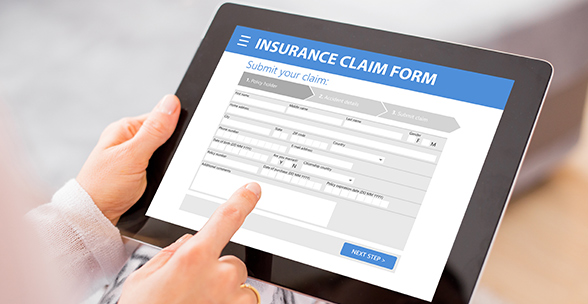4 Ways to Embrace Healthcare Consumerism
"24/7 access, improved productivity, and fewer human errors are three examples of how technology has completely disrupted major industries," said Brent Bowman, vice president of strategy and expansion markets at Kaiser Foundation Health Plan in Denver, Colorado. Unfortunately, healthcare isn’t one of them, he added. “We are striking out at meeting consumers’ needs,” said Bowman, who spoke at Medical Group Management Association’s (MGMA) annual conference, held in Boston Sept 30 - Oct 3 about how providers can become more consumer-centric.
Other industries (e.g., banking, music, entertainment, education) have already accepted consumerism as the status quo, said Bowman. They’ve adapted and evolved as consumers have demanded change. The extremely regulated industry of healthcare has been slower to progress.
The good news is that healthcare consumerism is gaining momentum, and it has the potential to prevent costs from continuing to spiral out of control, he said. Bowman reminded attendees that by 2020, the United States will spend 18.4% of the gross domestic product on healthcare. A recent Commonwealth Fund report found that the United States ranks last overall among 11 industrialized countries on measures of health system quality, efficiency, access to care, equity and healthy lives even despite having the most expensive healthcare system.
“It’s a runaway train. Why aren’t we bending this trend?” he said.
Bowman provided these four strategies to help providers embrace healthcare consumerism:
1. Think Convenience
Consider expanding your hours or offering weekend appointments. This is exactly what urgent care centers do—and it’s precisely why they’ve continued to grow in popularity among consumers over the last decade. Many urgent care centers are open five days a week (12 hours a day) and on weekends.
2. Monitor Your Online Reputation
What are consumers saying about you, and what can you do to improve feedback? Thirty-three percent of individuals read reviews online before selecting a healthcare professional, according to a recent survey by BrightLocal. Facebook, Yelp and Google are all common sites that consumers use to perform these searches.
“If you’re not actively monitoring what’s going on … you’re missing an opportunity,” said Bowman. Kaiser Permanente uses reputation.com to aggregate survey results, manage its online reputation, and optimize the consumer experience. “It’s something that a lot of other industries have used, and we’re just beginning to use it in healthcare,” he added.
The health system also pays attention to its net promoter score, a customer satisfaction, customer experience, and loyalty indicator that measures the likelihood of customers to recommend a company, product, or service to a friend or colleague. “This is something the healthcare industry is starting to understand, contemplate, and focus on,” said Bowman.

3. Consider Bundled Payment Options
These bundled payment models support innovation and provide incentives to improve efficiencies and consumer-centric care.
4. Create an Active Digital Strategy to Meet Patients’ Needs
Healthcare consumers increasingly want the ability to pay their bills, monitor health metrics, and check their own health information online. Bowman urged attendees to think about how they’ll address these demands going forward.
Kaiser Permanente, for example, offers an app that allows consumers to email physicians; schedule, cancel, or view routine appointments; refill most prescriptions; and see most lab results. Bowman said the app has had 1/3 greater utilization in the past year. “Our patients are really waking up to this just now,” he said. “We’re starting to see a big jump. I think it’s because people are becoming so much more comfortable with using all of these other apps. Now the expectation is there for healthcare.”
The health system has also been using a virtual care platform so consumers can chat online with a physician—something Bowman said has reduced ED visits. Kaiser doesn't charge consumers for these online visits. “For us, it’s more important to keep people healthy and have an access point,” he added.
---
For independent practices, find out how Kareo can help you meet your patient needs with comparable convenient technology solutions designed and priced specifically for small practices. Request a demo today.





















